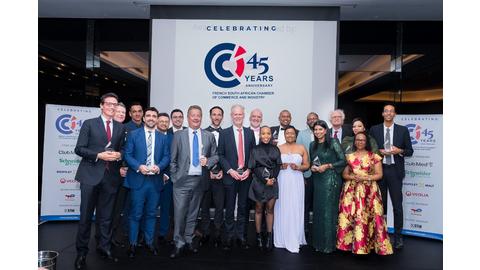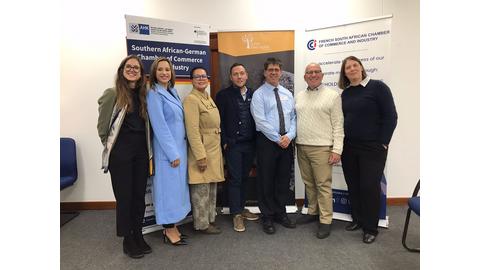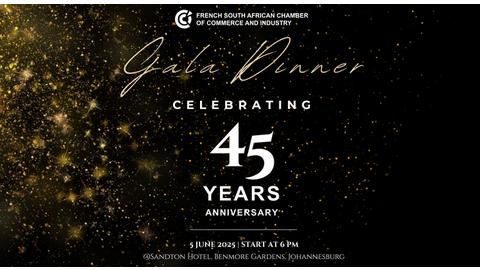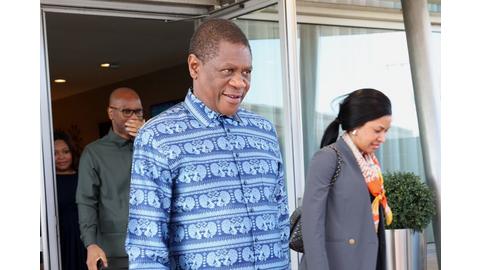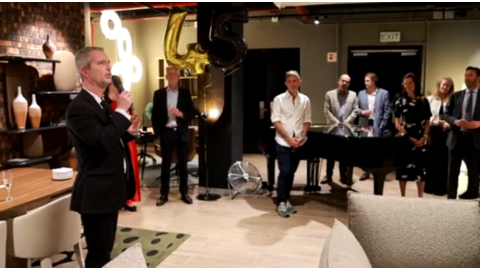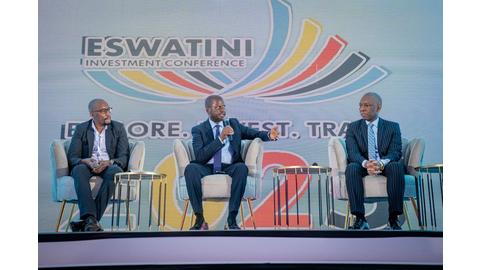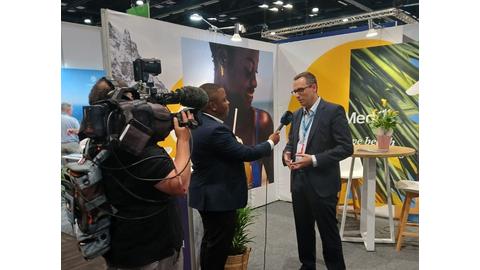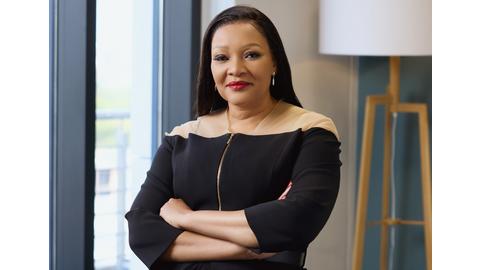Bombela Operating Company: Breaking Barriers in Male-Dominated Sectors

South Africa’s transport infrastructure industry, particularly rail operations, has long reflected a male-dominated professional structure, especially in technical and operational roles. Bombela Operating Company (BOC), which operates and maintains the Gautrain system, has moved decisively to challenge this pattern. Through deliberate, sustained diversity, equity, and inclusion (DEI) strategies, the company has made tangible shifts in its workforce composition and organisational culture.
For Anette Mulovhedzi, Human Resources Manager at Bombela Operating Company, inclusion is not a corporate afterthought, but a business value embedded in the company’s operational priorities.
“Inclusion is actually one of our four key values as a business,” she explains. “It’s not something we just write up in a document or hang on a wall. It’s something we live by every day in how we hire, how we manage, and how we engage.”
When Bombela Operating Company’s parent company, RATP Dev, set a group-wide target for 40% female representation, Bombela Operating Company’s leadership recognised both the challenge and opportunity this posed within South Africa’s rail sector. Rather than settling at the group level, Bombela Operating Company raised the bar, reaching a 53% female representation.
“We set our own target of 53% female representation within the business,” Mulovhedzi says. “Over and above that, we’ve looked at key areas which are predominantly male, given the industry we operate in — which is a rail industry, traditionally very male-dominated.”
The company has since made significant progress in operational areas, focusing specifically on increasing female representation in roles such as train drivers and conductors.
“We are laying the groundwork by filling our entry roles into the train driver space with females,” she notes. “Right now, we have over 60% female representation in our conductor job grade, which is the role that feeds into train drivers. We’re building a sustainable pipeline for technical leadership.”
Bombela’s DEI work extends beyond gender. The company has actively created opportunities for people living with disabilities and adapted its operations to support inclusive hiring. A clear example of this approach was a recent recruitment for customer service attendants, where visually impaired candidates were shortlisted.
“We had a few candidates that were visually impaired and had to go to the extent of bringing in optometrists to actually come and evaluate some of the systems,” Mulovhedzi recalls. “We wanted to make sure these roles would work and find ways to better optimise those systems to allow them to operate at the same level as everyone else.”
This is not a symbolic exercise but a serious operational decision. “It’s not just a legislative tick-box exercise,” she adds. “We do the actual work needed to create environments where people can contribute fully.”
Much of the company’s DEI progress has been driven by visible leadership and clear accountability. Bombela Operating Company’s leadership team includes a female CEO and an executive committee that is 70% women, a rare achievement in South Africa’s public transport sector.
“It’s very important that the leadership team is at the center of driving any initiative in relation to diversity, equality, and inclusion,” says Mulovhedzi. “If the leaders are not visibly living those values, it becomes very difficult for the rest of the workforce to believe it’s more than a checklist.”
Strategic alignment sessions, involving not only executives but managers and operational teams, are a central part of Bombela Operating Company’s inclusion efforts.
“We engage with employees about our commitment to ensuring an inclusive environment and about keeping our people at the center of everything we do,” Mulovhedzi says. “We are a people business. Our only and greatest asset is our people.”
Bombela’s inclusion strategy has produced operational and customer service improvements. One particularly telling case came from customer feedback at Rosebank Station, where deaf commuters faced communication barriers with staff.
“It became a frustration because none of our employees at the time were trained to use sign language,” explains Mulovhedzi. “It was a query raised by our customer service staff during one of our strategy sessions, coming from the customers’ point of view.”
The company responded by introducing sign language training for customer service employees at Rosebank’s Gautrain Station and eventually training internal trainers to roll it out further.
“We realised we could not only improve the experience for our passengers but also upskill our people,” says Mulovhedzi. “It gave them a new, valuable skill both within and outside the workplace.”
For Bombela Operating Company, DEI is inseparable from employee wellness and personal growth opportunities. The company promotes career progression, professional development, and wellness initiatives designed to support a diverse workforce’s full participation and long-term success.
“We need to ensure we’ve got the right people, and once they’re in the business, we need to do all that we can to enable them to perform at the most optimum level,” Mulovhedzi says. “That is something our leadership champions. It’s very important that the leadership team drives this because it filters down into the whole organisation.”
Bombela Operating Company’s DEI strategy offers lessons for the broader infrastructure, engineering, and public transport sectors in South Africa. For Mulovhedzi, the message is clear: DEI cannot succeed without strong leadership commitment and integration into core business operations.
“It moves from being just a legislative exercise or something for scorecards to something the business drives,” she says. “The only way you make it work is if you’re willing to define what actions you’re going to take and hold yourselves accountable for them.”
For Bombela Operating Company, the success of these initiatives is measured not only by representation statistics but by operational improvements, staff engagement, customer satisfaction, and the ability to create a work environment where employees thrive and where the historically exclusive boundaries of the rail industry are finally breaking down.
